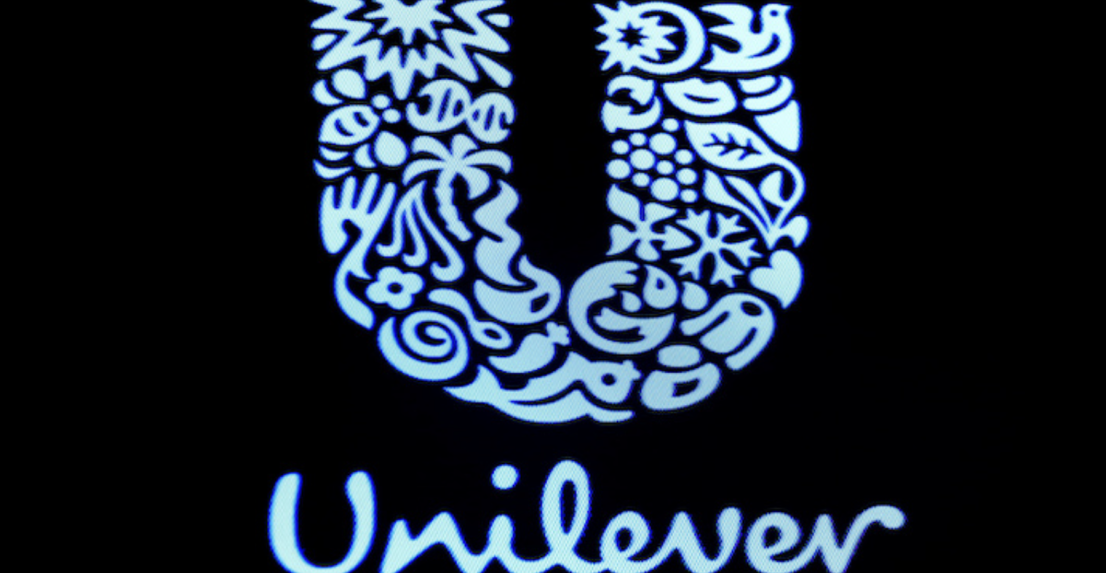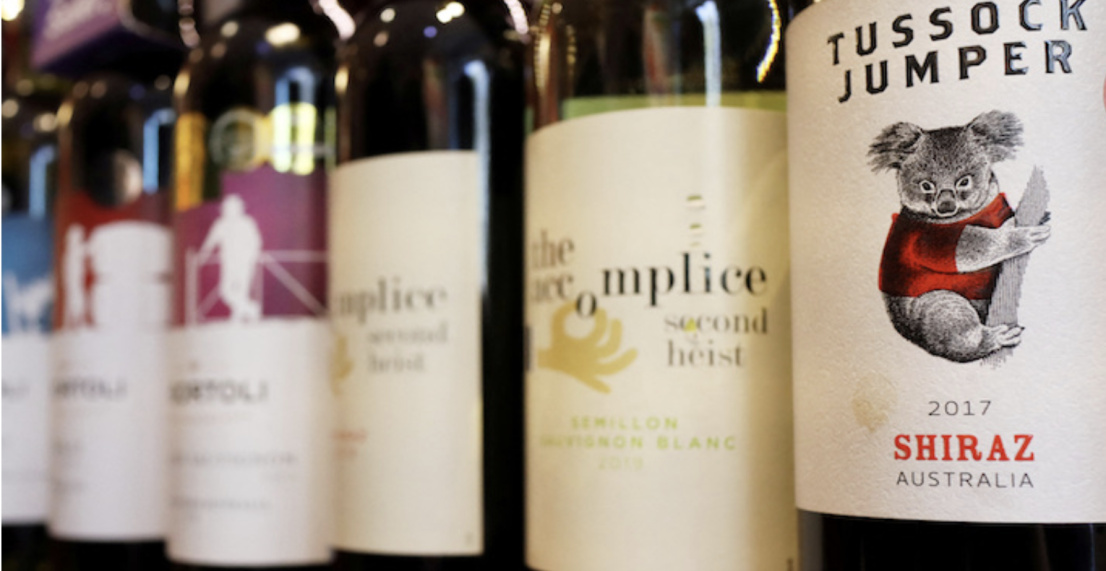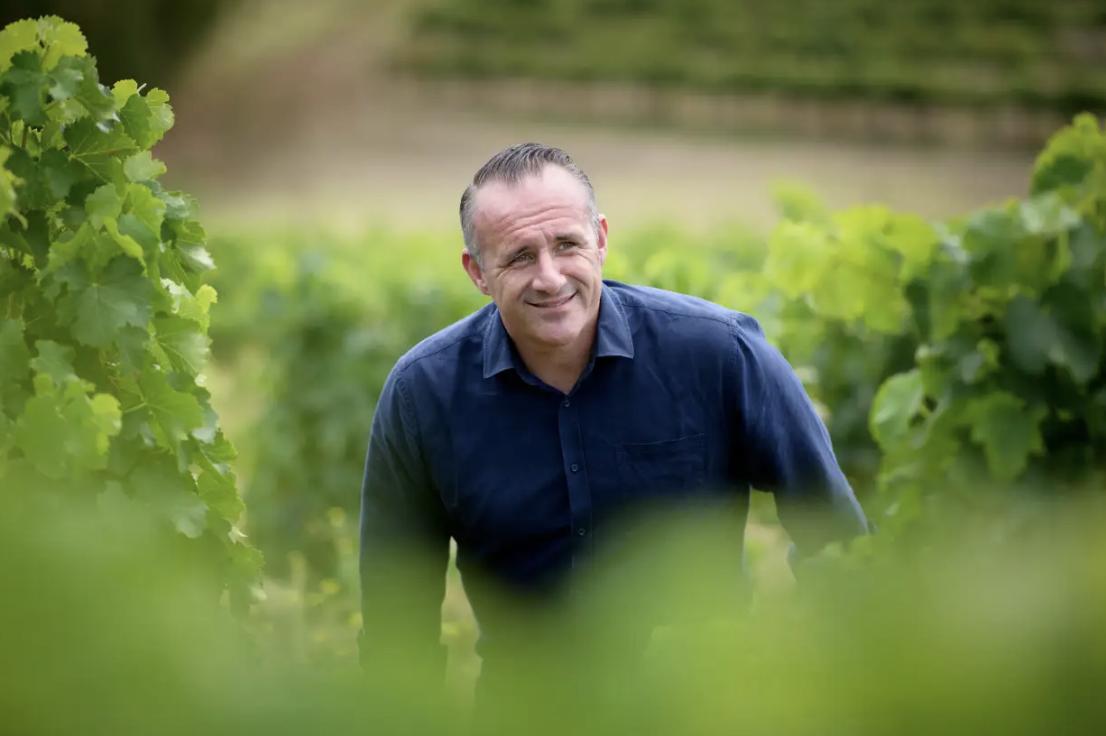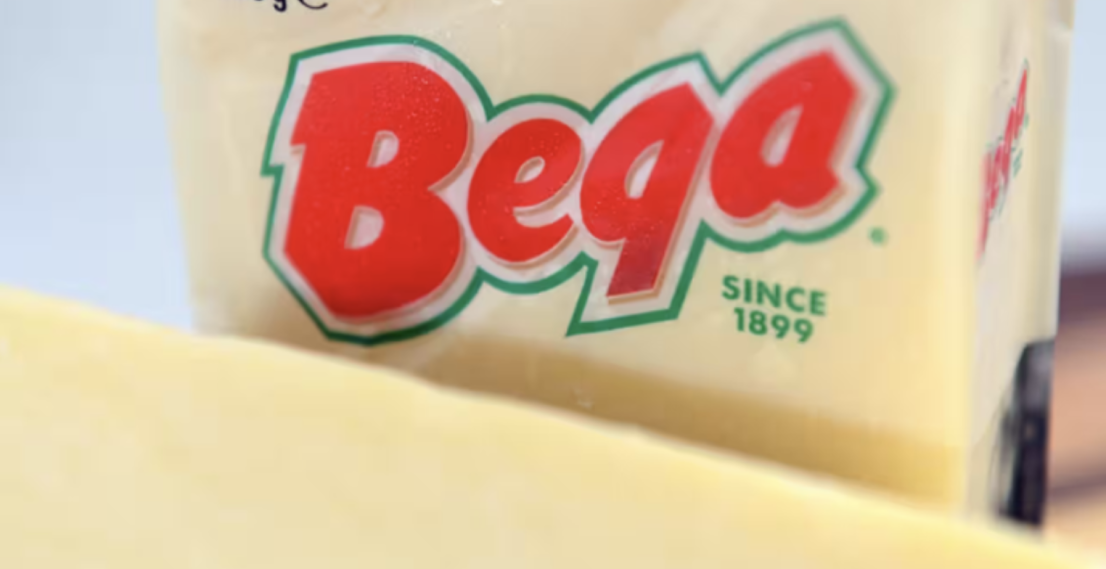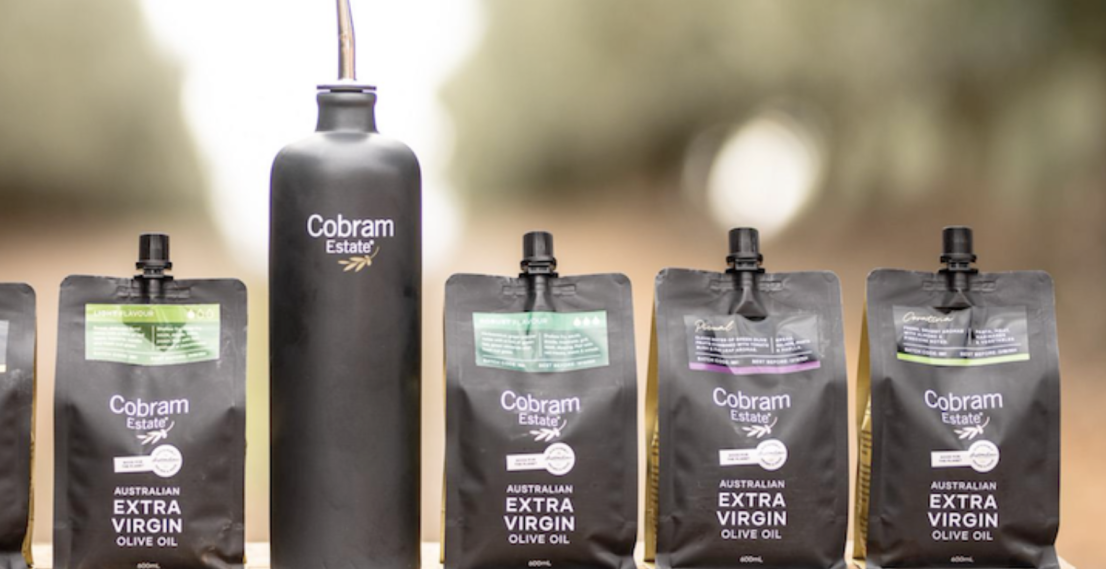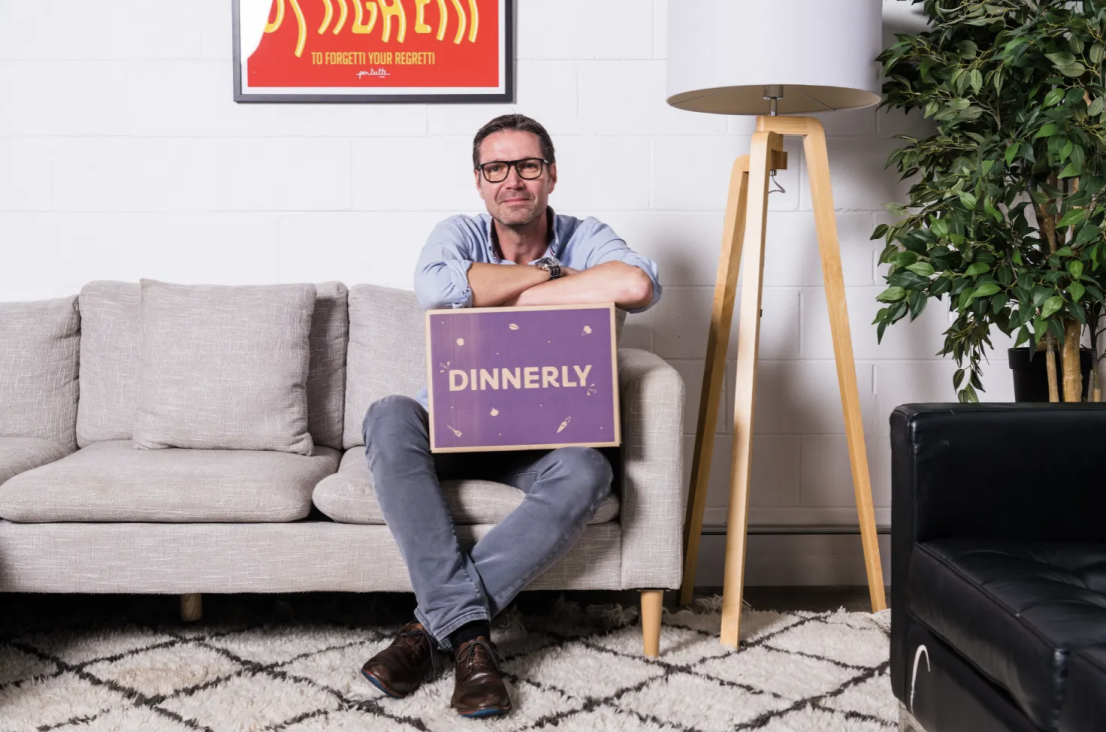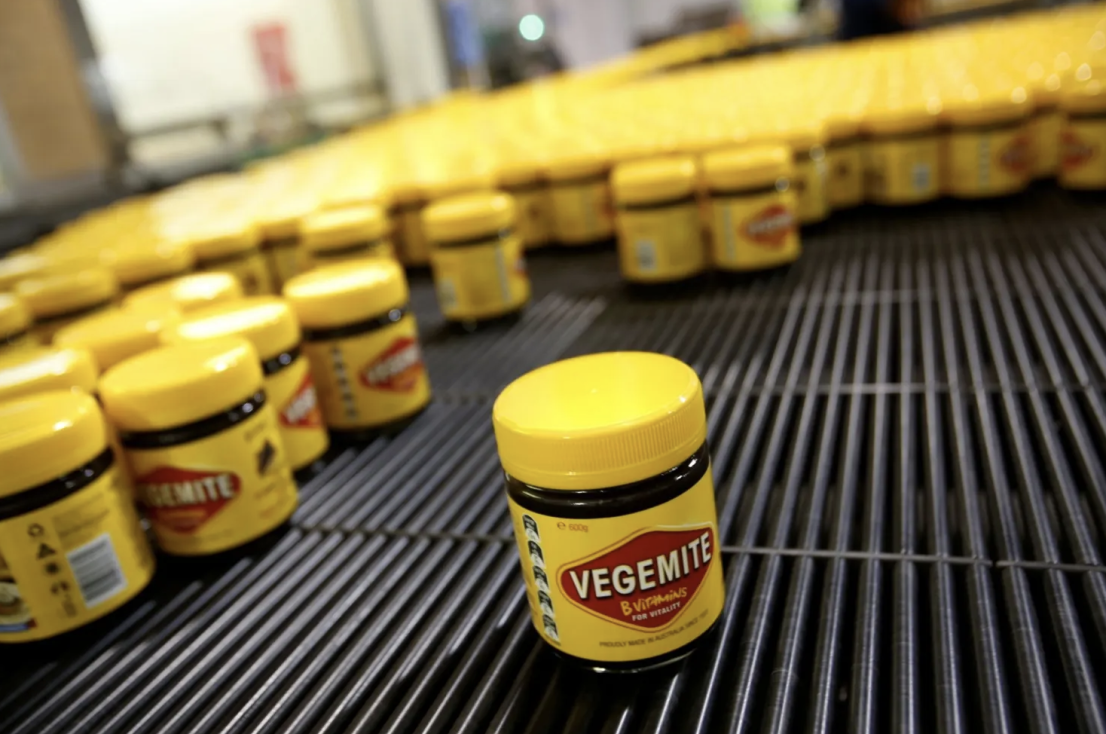
Shoppers will be forking out more for grocery basket staples owned by Bega Group, including its Dairy Farmers and Pura Milk products, Vegemite and its flagship cheese brand, in the months ahead as the food group faces higher operational costs.
Bega Group’s executive chairman Barry Irvin said impending price rises would be “nothing as dramatic as we’ve seen in previous years”, but that operating costs like energy, logistics and fuel were still putting pressure on the company, which was unprofitable for the 2023 financial year.
“There are some rises in our business. Obviously, we look to try on each of them, but inevitably, some of them do have to be passed through,” Irvin said.
Irvin declined to comment on the size or percentage of the expected price rises, but said the increases would be spread across its portfolio of brands.
“I wouldn’t say that any of them are actually more protected than any other. They all absorb a share of costs,” he said. “We obviously consider carefully how we can mitigate the cost to the consumer and indeed, even how we can effectively take opportunity of promotions of products.”
Spikes in global dairy prices, dwindling milk supply, and escalated costs in fuel and energy saw Bega Group’s earnings and profits nosedive over the past year.
While revenue rose 12 per cent to $3.4 billion, higher interest rates and a 30 per cent increase in the farmgate milk price were responsible for driving Bega’s normalised profits down 38 per cent to $28.5 million and earnings down 11 per cent to $160.2 million for the 2023 financial year. Two of its bulk commodity plants were revalued, leading to a $230 million write-down that resulted in a statutory loss of $229.9 million.
The losses haven’t deterred investors, however, who sent the share price 1.25 per cent higher to close at $3.23.
The dairy and cheese giant will pay a fully franked dividend of 7.5 cents per share for the 2023 financial year, which is down from 11 cents the year before. The final dividend will be paid on September 21.
In a tightening economic environment where shoppers are turning to private-label brands, Bega’s well-know brands managed to hold its own, according to its results.
“We retained our market leading position in the yoghurt, milk-based beverages and spreads categories, with our yoghurt brands now accounting for more than 25 per cent of the high-growth yoghurt market,” executive chairman Barry Irvin and CEO Pete Findlay wrote in a joint address.
The dairy giant is paying attention to the popular trend of plant-based products. Earlier this year, it launched a plant-based cheese range that attracted online criticism from some shoppers.
After being pushed out of the plant-based beverages market, Bega has struck a deal with Milklab maker Noumi, another loss-making ASX-listed company, to distribute the popular plant-based milk to 30,000 customers a week.
The $1 billion business is considering how else it can enter the plant-based space, with Irvin earmarking Dare iced coffee as one of the brands that could release a plant-based milk offering.
However, the ASX-listed company expects more difficulty on the road ahead, warning of “relatively flat” financial performance for the 2024 financial year, normalised earnings to fall between $160-170 million (similar to what it unveiled this year) and expects a more positive outlook in the “medium term”.
UBS director Evan Karatzas said Bega’s 2024 financial year profit guidance was “broadly in line” with pre-reported commentary. “Cash generation improvement in FY24 [will be] a high focus after disappointing this year,” he wrote in a note.
E&P Capital retail analyst Phillip Kimber noted Bega’s share price had recovered 12 per cent since its June trading update and anticipates the share price will remain around current levels.



